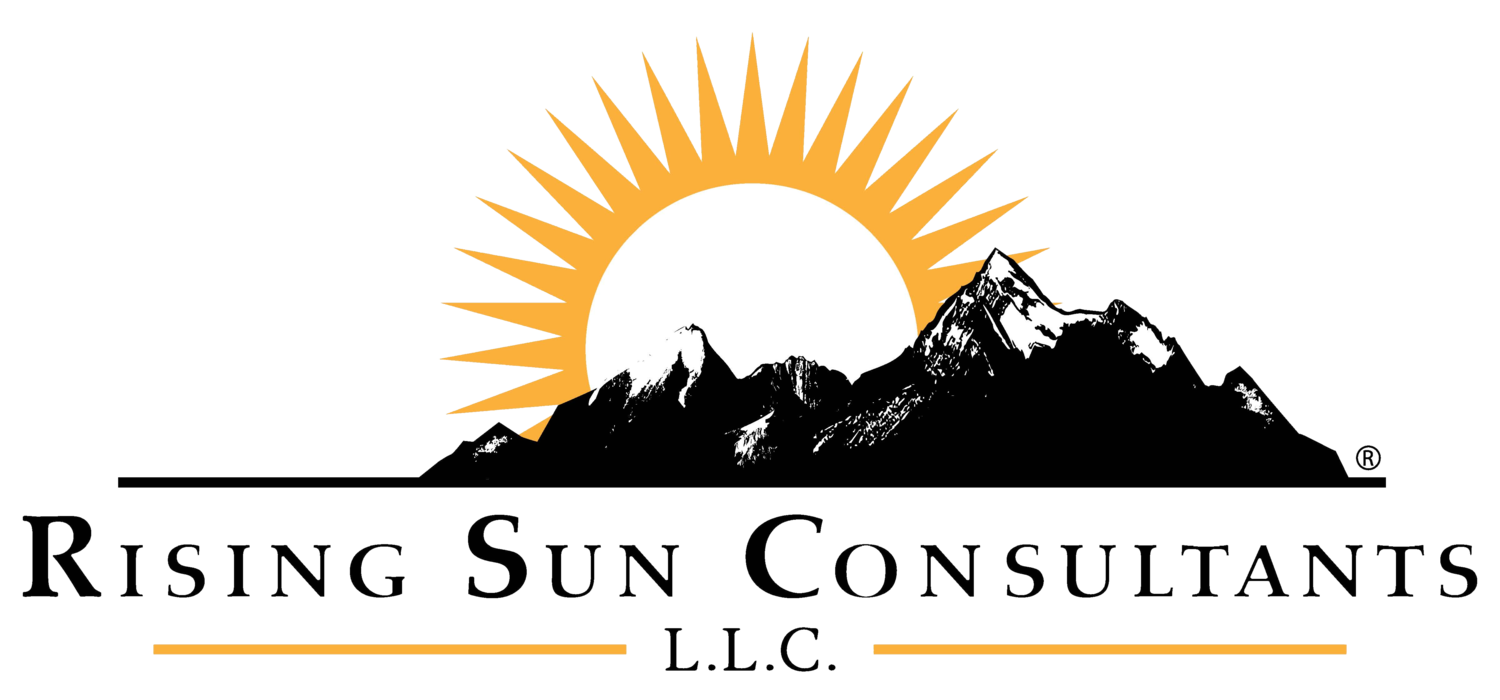According to a BoardSource study, almost half (49%) of all chief executives said that they did not have the right board members to “establish trust with the communities they serve.” This trust gap directly impacts fundraising success, program effectiveness, and ultimately, mission fulfillment.
Board Chair, thank you for serving. I’ve seen passionate boards struggle — not from lack of care, but from unclear roles and responsibilities, lack of alignment on mission and priorities, and communication challenges. “Boards can be a tremendous asset to not only keep organizations on mission, but to help accelerate mission fulfillment. Misaligned or underperforming boards, however, can quickly derail an organization,” shared Becca Spradlin, author of Lead On Mission.
One board chair I worked with implemented monthly ED check-ins that uncovered critical strategic insights and resolved communication issues that had blocked a major capital campaign for months. Another transformed their board culture by simply clarifying decision-making boundaries using the RACI model that we recommended, eliminating the tension that had previously dominated their meetings.
Mission success doesn’t happen by accident. With small, intentional steps, you can lead with clarity and purpose. As a board chair, your leadership approach makes a profound difference. Use the following as a self-assessment, checklist, or even audit to strengthen your effectiveness as a board chair. The most effective chairs embody humble, servant leadership—recognizing that your role exists to elevate the organization’s mission rather than your personal agenda. This guidance offers practical actions to strengthen your effectiveness in this vital role.
1. Establish regular touchpoints with your Executive Director
The chair-ED relationship is the backbone of effective leadership. Regular communication builds trust, alignment, and space for honest dialogue.
- Set a recurring check-in (suggested at least monthly)
- Use a shared agenda so both parties can contribute topics.
- Map an annual calendar for key conversations — performance reviews, strategic planning, and board prep.
Reflection: When was the last meaningful conversation you had with your ED outside of a crisis? If it’s been over a month, schedule a 30-minute coffee this week. What important topic keeps getting postponed?
2. Clarify and recalibrate board-ED roles regularly
Role confusion is a common cause of tension. Clear agreements keep everyone in their lane.
- Hold an annual conversation about board vs. staff responsibilities (consider using a RACI framework).
- Document decision-making authority around finances, programs, and hiring.
- Revisit these agreements during leadership transitions or major strategic shifts.
Reflection: Which operational areas do board members tend to drift into? Identify one boundary that needs reinforcement at your next meeting. Where might your ED need more clarity on decision-making boundaries?
3. Invest in board development
Strong boards are built through intentional learning and growth.
- Conduct an annual board skills assessment to identify gaps and guide recruitment.
- Establish a structured onboarding process covering mission, finances, and expectations.
- Dedicate 15 minutes of each board meeting to focused learning — governance best practices or mission-related updates.
Reflection: What’s one skill your board currently lacks? Schedule time this month to identify potential board candidates who bring this expertise. How has your own governance knowledge grown in the past year?
4. Lead thorough performance and compensation reviews
Evaluating your ED is critical to sustaining strong leadership.
- Form a small committee to oversee a thoughtful, annual evaluation process.
- Gather multi-source feedback from staff, board, and external stakeholders.
- Use benchmarking data to ensure fair, competitive compensation.
Reflection: How does your current evaluation process help your ED grow? If you’re not sure, ask them directly what would make the review more valuable for their professional development.
5. Build a culture of philanthropy
Board fundraising involvement isn’t just writing checks — it’s championing the mission.
- Implement a “give or get” policy with clear, reasonable expectations.
- Create personalized plans aligning each board member’s strengths and networks to fundraising activities.
- Celebrate all contributions — time, talent, and treasure.
Reflection: How comfortable are your board members discussing why they personally support your mission? Consider opening your next meeting by having each member briefly share their “why.” What resources would help them feel more confident as ambassadors?
Thank you for showing up and leading. Whether you do it yourself, or engage with someone else to help you — take one step forward. The strongest boards aren’t accidental — they’re shaped by leaders like you who take small, steady steps to build trust, clarity, and purpose. Your role matters. The mission you steward matters.
It’s not too late. Start today. What will you do to serve differently?
Ready for a personalized board assessment? Email Ray Chung at ray@risingsunconsultants.com for a complimentary 20-minute consultation on your biggest board challenge.
About Rising Sun Consultants:
Rising Sun is a leadership and organizational consulting firm committed to the development of servant leaders, engaged employees, and healthy organizational cultures. For two decades we’ve been a trusted guide and partner to family-owned companies, multinational firms, and nonprofit organizations alike. Our team has helped organizations like Paxton Ministries develop comprehensive strategic plans, supported Grantham Church through leadership renewal and organizational growth, and guided CommunityAid in expanding their community impact. Learn more at risingsunconsultants.com.
Know another nonprofit leader who could benefit? Please share this newsletter with other board chairs and executive directors in your network who are committed to strengthening their organizations.

